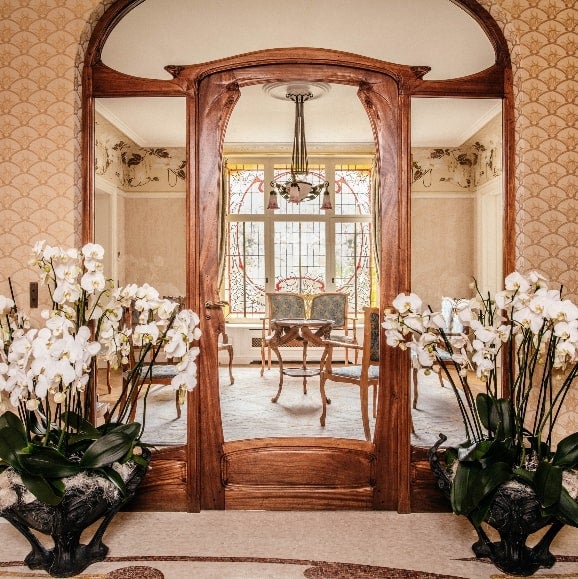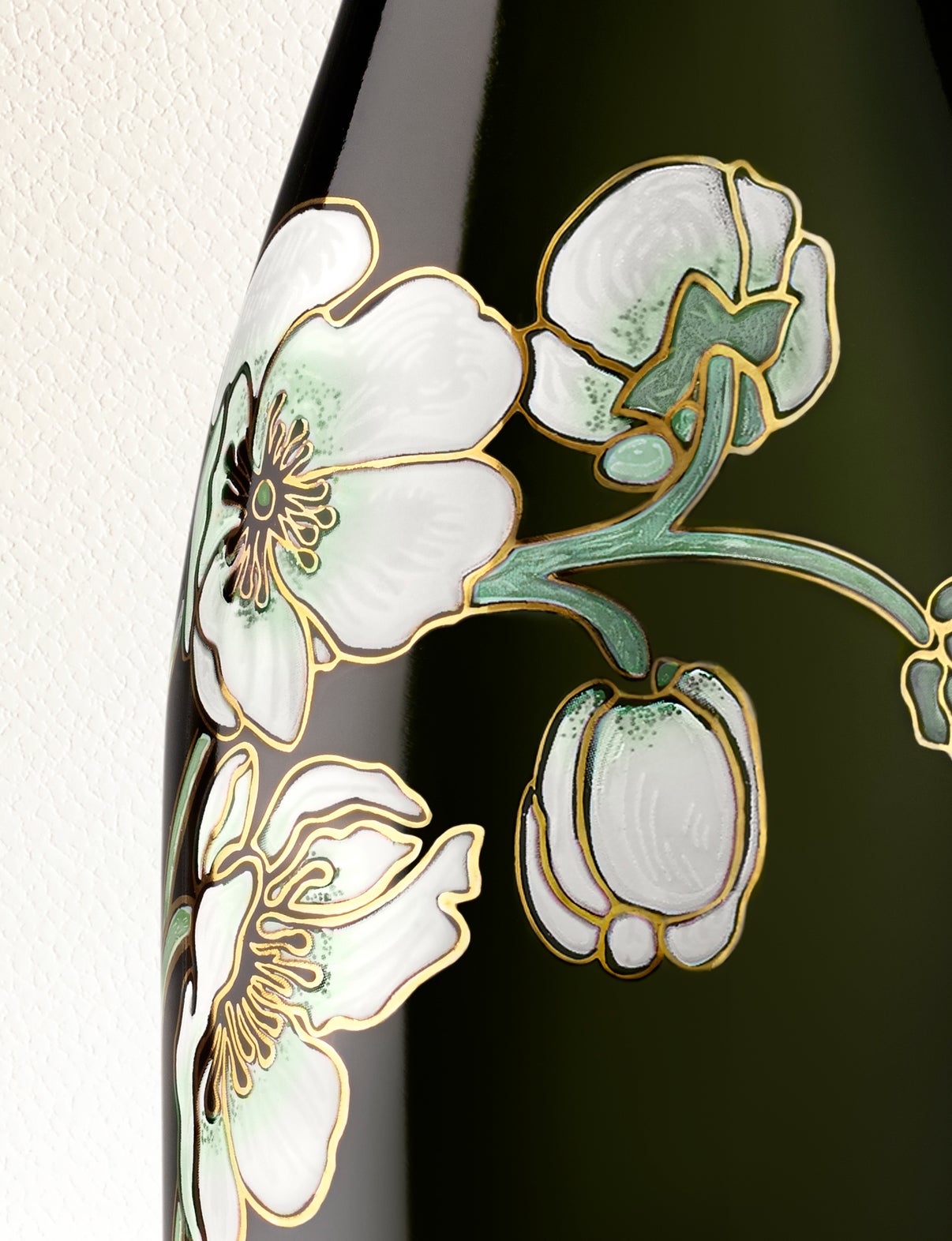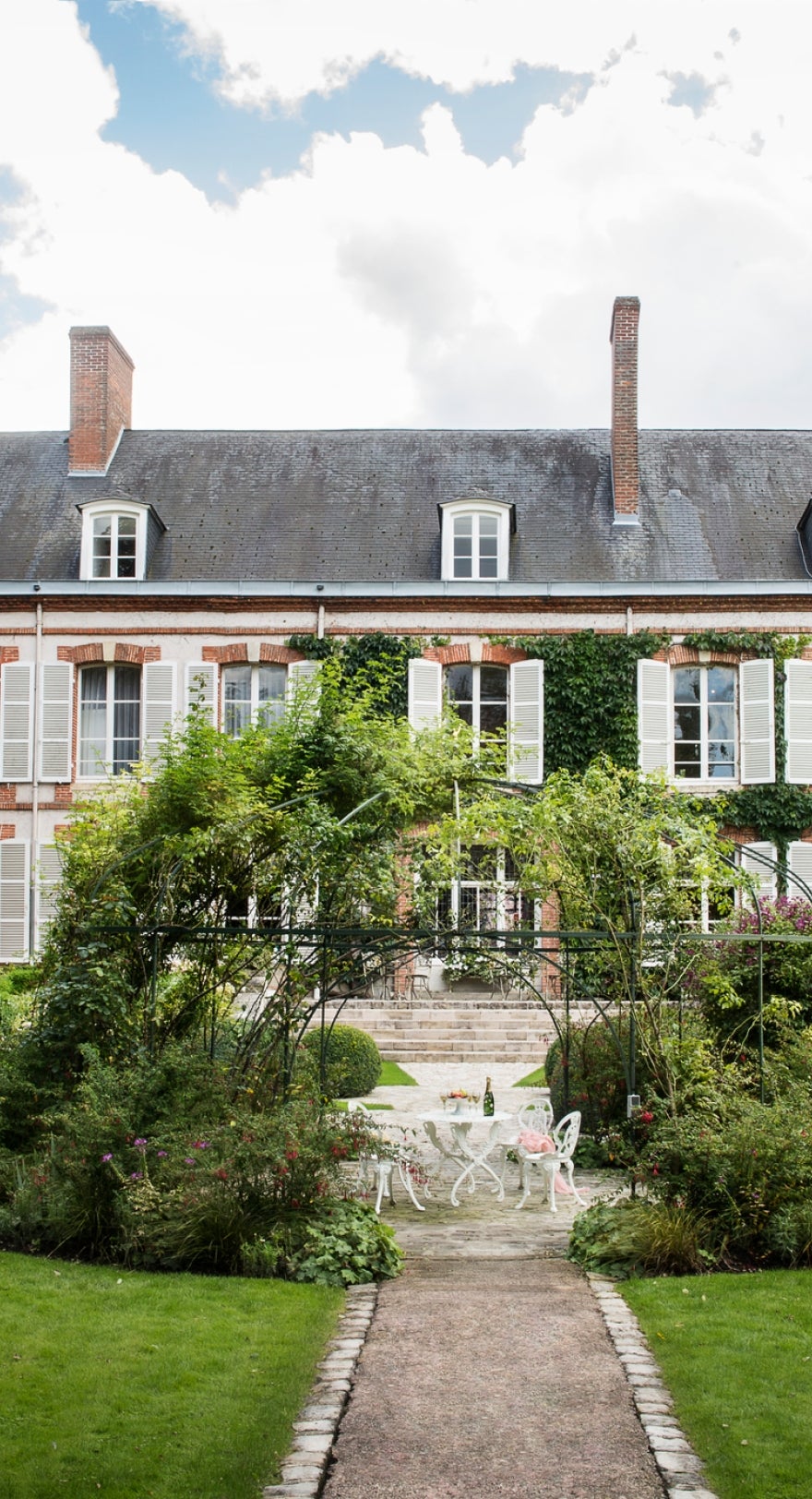
THE HISTORY
Nature as a source of inspiration
Pierre-Nicolas Perrier and Rose-Adélaïde Jouët shared a love of nature and the arts. She was a cultured young woman from a Norman merchant family; he a masterful vintner and botanist. A year after their wedding, in 1811 they founded Maison Perrier-Jouët: born of their desire to create a Champagne House with a difference.
The founders’ passion for art, nature and champagne has been passed down through the generations. Their son Charles Perrier, a botanist like his father, took over the House in 1848. The family philosophy of creative freedom and an unconventional observation of nature is intrinsic to the history of champagne. These values shape Maison Perrier-Jouët to this day.
THE HISTORY
A unique legacy
Art Nouveau, inspired by the graceful, sinuous forms of nature, bloomed across Europe in the late-19th century. The movement's exuberance and creative freedom paved the way for 20th-century avant-garde art. The ethos of Art Nouveau was to reinvent nature to re-enchant the everyday.
Maison Perrier-Jouët's affinity with the Art Nouveau movement is best expressed by the emblematic anemone motif illustrated for the House in 1902 by Emile Gallé. Today, the House's enduring bond with art and nature translates to an extravagant universe which reinvents luxury as a meaningful experience with artistic collaborations.
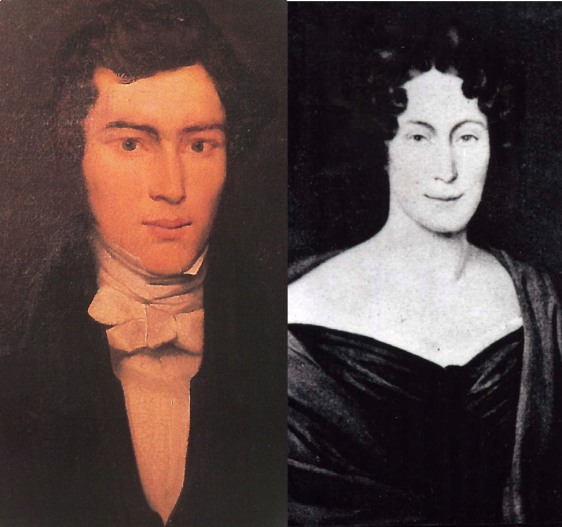
"Year of the Comet": birth of the champagne House, founded by Pierre-Nicolas Perrier and Rose-Adélaïde Jouët.

Creation of the first Perrier-Jouët brut Champagne, Cuvée K, popularizing the brut style and winning the favour of amany royal courts.
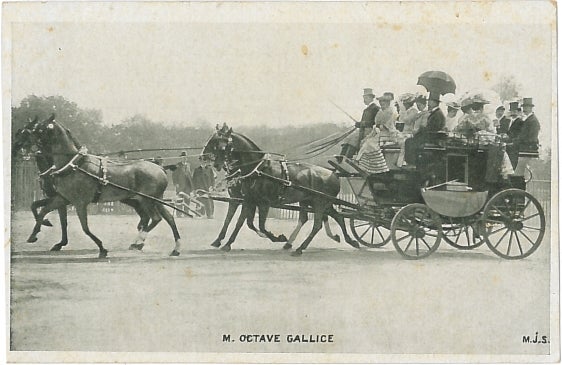
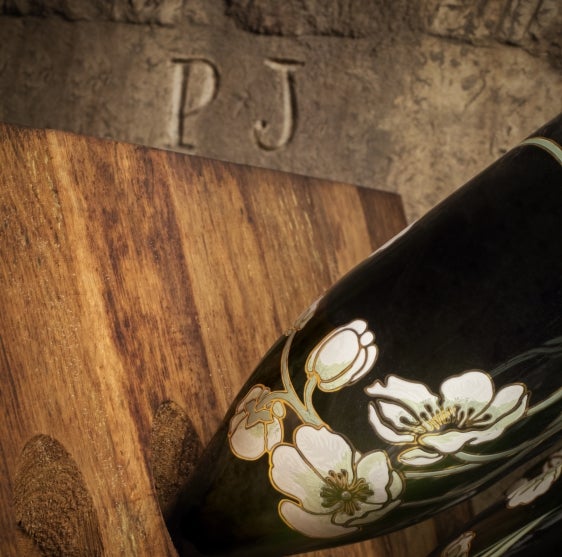
Octave Gallice commissioned Emile Gallé to design the bottle of a Perrier-Jouet cuvée - the creation of the famous bottle decorated with Japanese anemones which will become the emblem of the House.
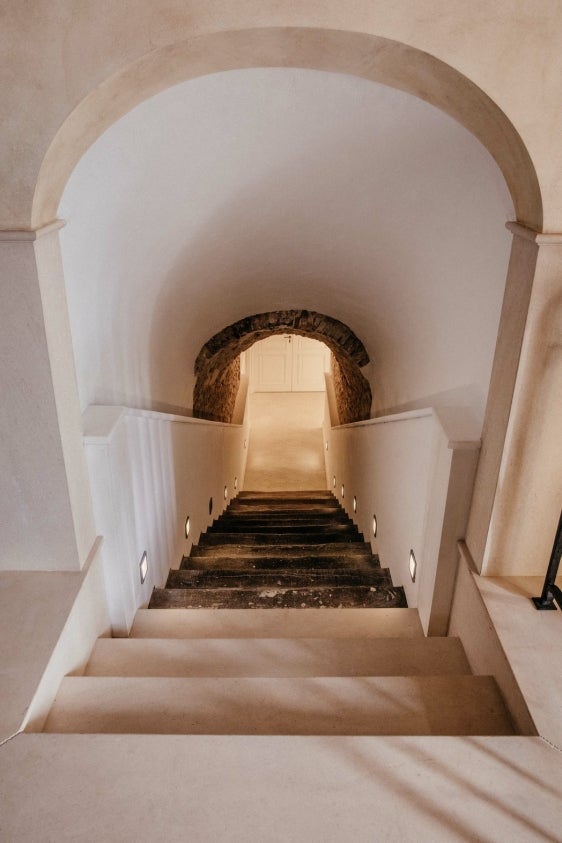
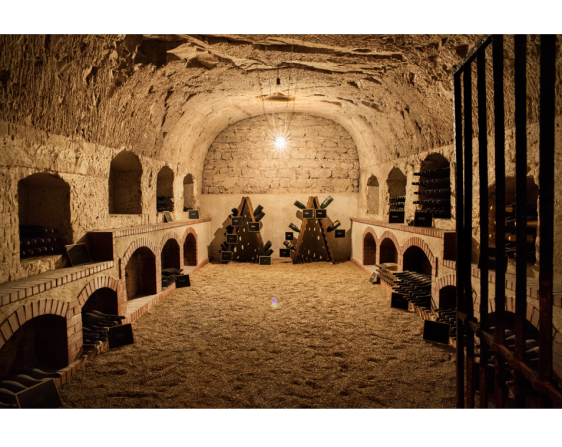
The 4 custom-made magnums painted by Emile Gallé are re-discovered by cellar master André Baveret, giving birth to the now iconic floral Cuvée named Belle Epoque Cuvée.
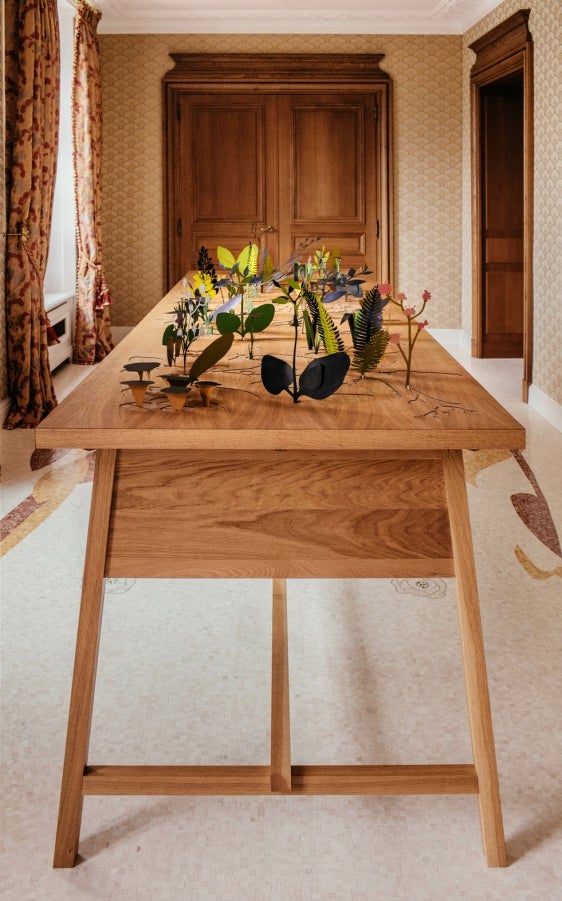
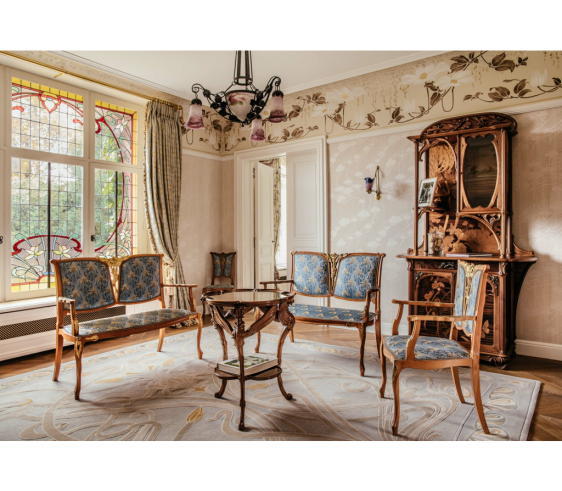
Belle Epoque house, a late 19th century residence in its own grounds, is re-opened as a unique Art Nouveau venue, including more than 200 pieces of furniture, table- and glassware, lamps and sculptures by Art Nouveau masters such as Gallé, Majorelle and Guimard.
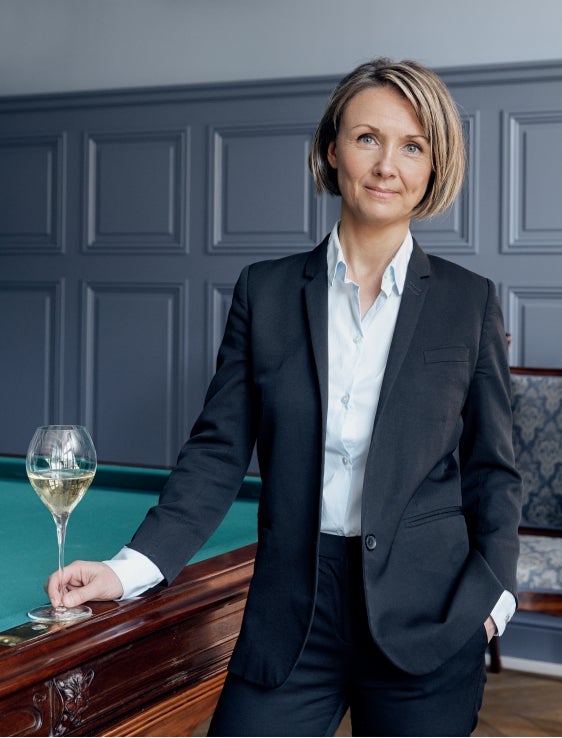
In October 2020, Séverine Frerson becomes the eighth cellar master – and the first woman to hold the position – in the history of the House.


